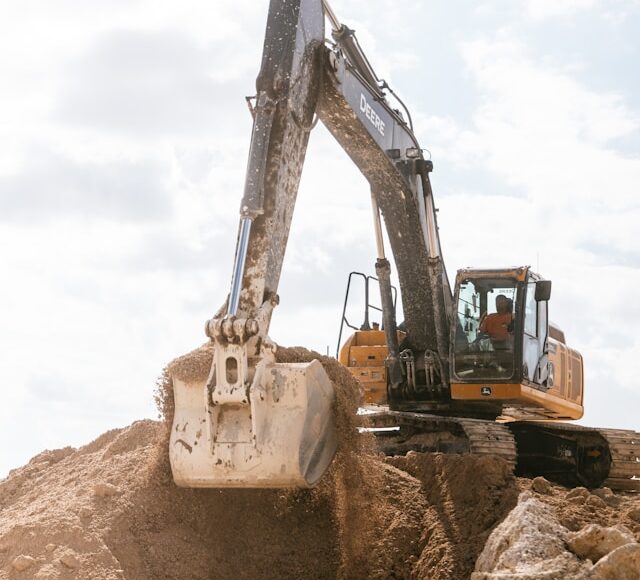At the centre of a complex transport and logistics network sits Melbourne, a thriving city renowned for its rich history and lively culture. The need for effective mobility options is greater than ever as the city keeps expanding. How does Melbourne manage to keep everything running well with millions of people travelling every day and numerous commodities coming in and going out? Come along as we examine the significance of smooth transit networks and delve into cutting-edge tactics influencing logistics’ future in this vibrant metropolis. There is a lot to learn about Melbourne’s strategy for maintaining its operations, regardless of whether you are a company owner or just interested in urban growth.
An Overview of the Transport and Logistics Sector in Melbourne
The transport and logistics sector in Melbourne is thriving and vital to the city’s economy. It is a vital centre for both internal and international commerce because of its advantageous position.
Among the busiest ports in Australia is the Port of Melbourne. It facilitates smooth import and export operations by handling millions of containers annually. This essential resource connects companies to international markets and improves the supply chain.
Well-established road networks provide effective linkages both within and outside the city. Melbourne is connected to rural locations via major roads, which guarantee on-time delivery in a number of industries.
Additionally, Melbourne Airport, one of Australia’s main aviation gateways, is used by air freight services. This gives time-sensitive commodities choices for quick shipment.
The competitive market environment created by Transport and Logistics Melbourne industry, promotes creativity and effectiveness in service provision. This industry’s continued growth highlights how important it is to both local companies and consumers.

Melbourne Implements Innovative Solutions to Increase Efficiency
Melbourne is embracing technology to transform its logistics and transportation industry. Real-time data is being used by intelligent traffic management systems to optimise traffic flow. Delivery times are improved and traffic is lessened as a result.
Electric cars are also becoming more and more popular. In order to reduce emissions and operating expenses, several logistics organisations are moving towards sustainable fleets. This change is in line with international sustainability objectives.
Additionally, Melbourne is investing more and more on drone delivery. Particularly in cities where road access may be challenging, these aerial options provide quick last-mile delivery.
Operations are also being transformed by advanced warehouse automation systems. Sorting procedures are made more accurate and efficient at distribution centres by the use of robotics and artificial intelligence.
Innovation is also promoted by the cooperation of the business sector and municipal governments. Collaborative projects seek to improve infrastructure and create smart city solutions that address contemporary issues.

Prospective Patterns and Advancements in the Domain
The logistics and transport scene is changing quickly, particularly in a busy metropolis like Melbourne. The way that commodities are transported is being redefined by emerging technology. The emergence of automation is very significant. Drones and automated cars are becoming increasingly widespread because they promise quicker delivery with less human involvement.
Sustainability is also becoming more and more important. Green logistics alternatives, such eco-friendly packaging and electric delivery vans, are being investigated by businesses. In the long term, this change may save operating expenses in addition to benefiting the environment.
Data analytics is also very important. Big data is used by businesses to forecast changes in demand or to optimise routes for maximum efficiency. By taking a proactive stance, businesses may improve customer satisfaction and keep ahead of any problems.
Melbourne’s transport and logistics industry is expected to continue growing as a result of its dedication to innovation. The business seems to have a bright future because of smart infrastructure initiatives including sophisticated traffic management systems and more cooperation between public and private organisations.
It’s an exciting moment for all parties concerned since these trends will not only affect how commodities are moved inside Melbourne, but they may also have an impact on international best practices.
















